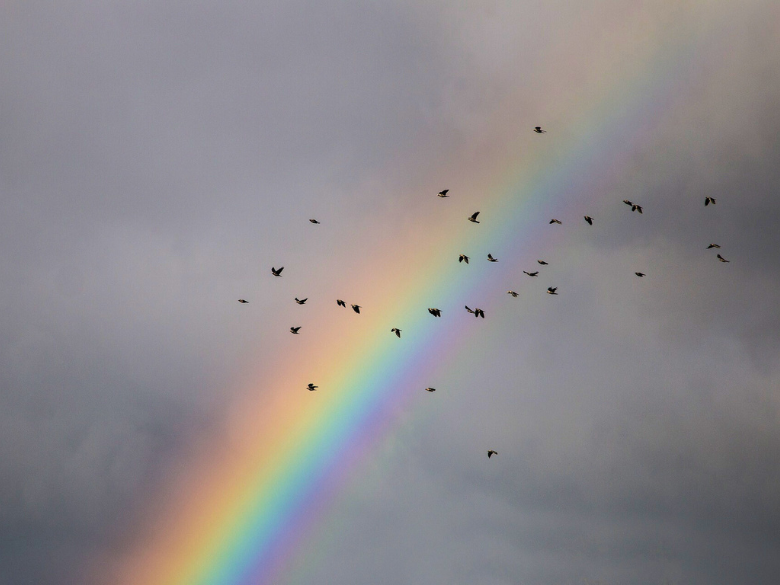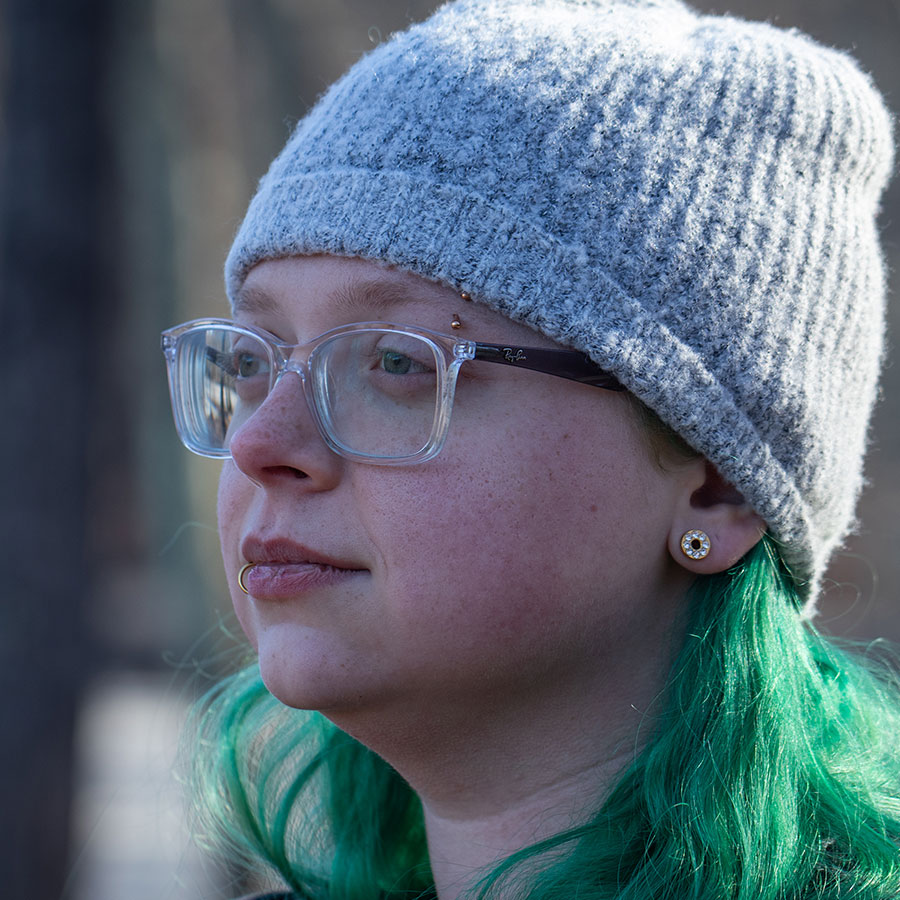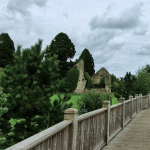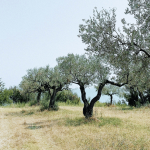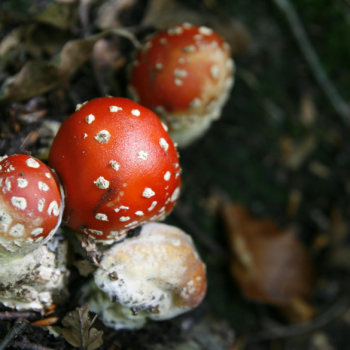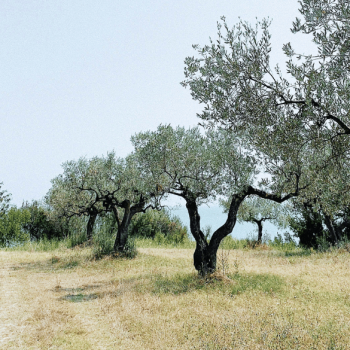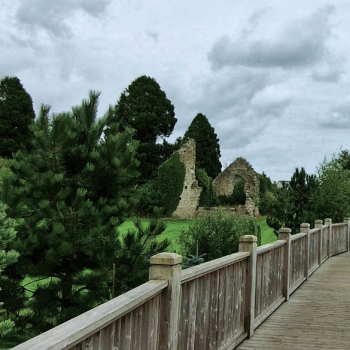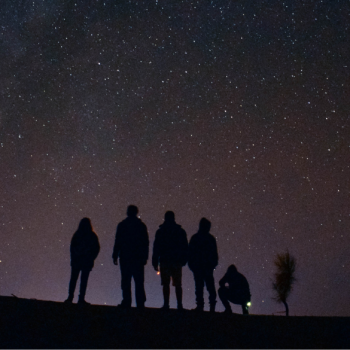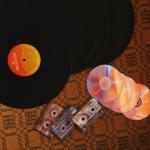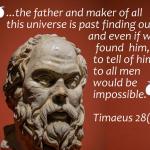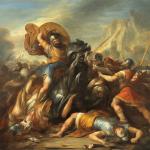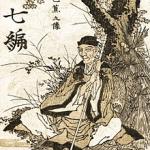Pride is the greatest sin, or so we are told. It is one of the seven deadly sins, the straight path to hell. It is the sin of the devil and those in his maw, Dante’s proudest sinners in Judas, Brutus and Cassius, in the frozen distance of the greatest punishment, the casting of Lucifer as far from the reach of God’s light as possible, the proudest of the angels who thought he might question God.
I’ll not entertain the idea that queerness itself approaches sin. I won’t entertain the idea that if queer pride exists, so should straight pride.
But I will consider whether we can slip ourselves from the loud self and mutual love in the concept of our pride, and that which we should avoid, that which sends us away from God and to sin.
The seven deadly sins
The catechism lists the seven deadly sins are listed as pride, avarice, envy, wrath, lust, gluttony, and sloth “or acedia”. These sins are described as “capital” because “they engender other sins, other vices”. Sloth is straightforward enough; the paired acedia is a spiritual form of the physical. It is sloth that “goes so far as to refuse the joy that comes from God and to be repelled by divine goodness”.
In the commentary on Job, Morals on the Book of Job (Moralia in Job) that finds this list written by Pope Gregory the Great circa 600 CE, pride is the greatest among these sins, as a self-centered turn away from the other we are told to love, the whole of a creation made in God’s image and focused inward only.
Parades, parties and a riot
The first pride was a riot.
You’ve heard it before, but why now?
Because partying and parade floats are a pride I would not, in itself, deny anyone. It’s something I would love on my better, less over-stimulated days. It’s a continuation of the refutation starting in riot, turned to something we can enjoy. It’s pride in the face of mortal constructions; it’s confidence in the falseness of those who would tell us to reject ourselves as God-made.
That is not what enforcers of state violence, morally bankrupt corporations, Zionists masquerading as community organizations, and funders of genocide marching in the streets to the celebration of privileged Americans choosing to turn away from these issues for the sake of self-celebration do.
Pride, power and “progress”
In these, we see the pride of the powerful and their convictions or lack of care for the other, people who believe in what they deserve over others, one that will not recognize one’s own faults or back down, press forward that their identity supersedes their violent actions, that pink pens earn them a position of honor, that suffering begets the right to destroy a supposed homeland without regard for all those who have called it home for centuries, who have lived there for just as long and the ability to deny that they have.
And when we, those who are not direct enactors of state violence, not running a huge bank, not promoting colonial projects loudly and with fervent hate, choose to celebrate amongst these people, choose to ignore the history of riots and those that came before us, we do not slip into sin; we leap headlong into it. We coat ourselves in it. We roll in the mud of it. We paint ourselves in its blood.
We worship at the foot of a progress we have not made in the pride of believing we are the only ones the riot ought free.
Pride and the rainbow flag
The rainbow is not a simple message from God. It is the sign of the covenant, this first covenant between God and humanity in Noah. The rainbow is a reminder from God of the covenant he makes to Noah and all living creatures, “When I see the rainbow in the clouds, I will remember the eternal covenant between God and every living creature on earth” (Gen. 9:12-16 NLT).
Noah is not distinct from all living creatures. And God does not send the rainbow to remind Noah, or us, or any other creature. He is reminding Himself. When we wave that flag, we ought to embody humility, the heavenly virtue that counters our pride, in a recommitment to all living things that resonates with the originally assigned symbolisms of the flag of care, love, and healing for ourselves when we cannot find it elsewhere.
